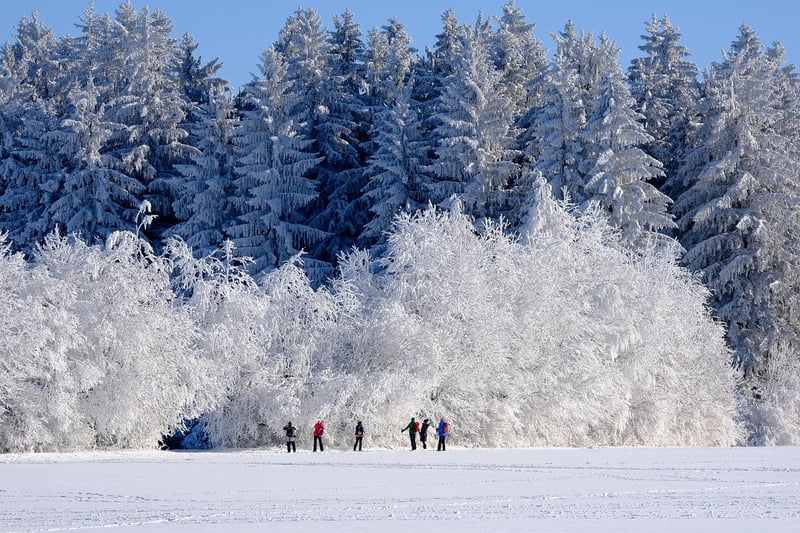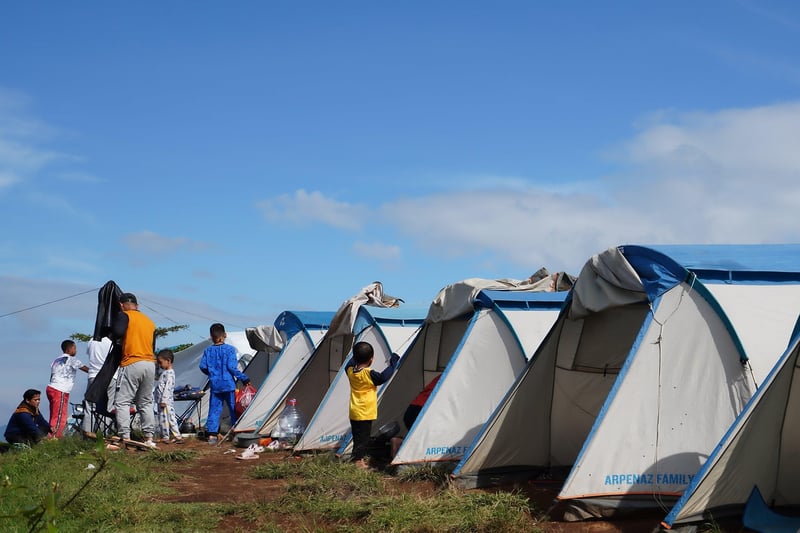Survival Skills
Useful Advice for Explorers and Essential Survival Skills
Introduction
Exploring the great outdoors can be an exhilarating experience, but it's essential to be prepared for any situation that may arise. Whether you're embarking on a hiking adventure or a camping trip, having the right skills and knowledge can make all the difference. Here are some useful tips for explorers and essential survival skills to help you stay safe and enjoy your outdoor adventures to the fullest.
1. Plan Ahead
Before heading out on any outdoor excursion, make sure to plan ahead. Research the area you'll be exploring, check the weather forecast, and let someone know about your plans and expected return time.
2. Pack the Essentials
Always pack the essential items for any outdoor adventure, including water, food, a first aid kit, a map and compass, a flashlight, a multi-tool, and extra clothing. These items can be crucial in case of emergencies.
3. Learn Basic Survival Skills
Knowing basic survival skills can greatly increase your chances of making it through unexpected situations. Skills such as building a shelter, starting a fire, finding and purifying water, and signaling for help can be lifesaving.
4. Stay Calm and Positive
In a survival situation, staying calm and positive is key. Panic can cloud your judgment and make it harder to think clearly. Remember to take deep breaths, assess your situation, and focus on solutions.
5. Navigation Skills
Being able to navigate in the wilderness is crucial. Learn how to read a map and use a compass, as GPS devices may not always work in remote areas. Pay attention to landmarks and keep track of your route.
6. Wildlife Awareness
Be aware of the wildlife in the area you're exploring. Learn how to safely encounter and react to different animals. Keep your distance and avoid feeding or approaching wildlife.
7. Emergency Communication
Make sure to carry a whistle or signal mirror to attract attention in case of an emergency. Additionally, consider investing in a personal locator beacon (PLB) for remote adventures.
8. Leave No Trace
Respect the environment and practice Leave No Trace principles. Pack out all trash, minimize campfire impacts, and stay on designated trails to preserve the natural beauty of the outdoors for future generations.
Conclusion
By following these useful tips for explorers and essential survival skills, you can enhance your outdoor experiences and stay safe during your adventures. Remember that preparation and knowledge are key to enjoying the wonders of nature while staying out of harm's way.




